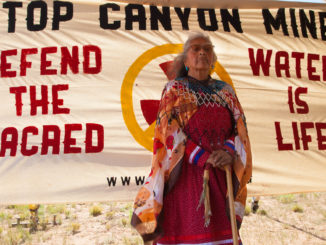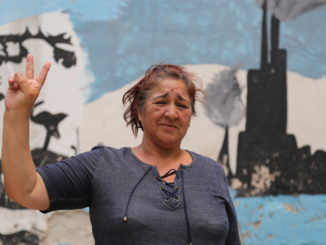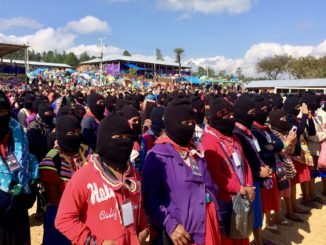
Stories of Resistance: Indigenous Nations Unite Against Mining in Arizona
Indigenous nations have accused the Canyon Mine mining company of desecrating land, medicine, and water surrounding Red Butte in Arizona, just six miles from the Grand Canyon and from land held sacred by the Havasupai Tribe. In response, a four day Havasupai Prayer Gathering invited other native nations to come together beneath Red Butte for ancestral ceremonies, inter-tribal gatherings, entertainment, direct action training, and speakers. Participants spoke of past and current illegal land grabs, religious and cultural oppression, spiritual guidance, and stories of resistance.





